Former Attorney-General and Minister of Justice, Mohammed Adoke, has given ‘real reasons’ the late governor of Bayelsa State, Diepreye Alamieyeseigha, who was convicted for corruption, was pardoned by the Federal Government, six years ago.
Alamieyeseigha was granted pardon in March 2013 by the Goodluck Jonathan administration alongside another convict and former head of the Bank of the North, Shettima Bulama.
The former governor jumped bail in the United Kingdom after his arrest for money laundering. He was later convicted in Nigeria for embezzling state funds while in office between 1999 and 2005 when he was impeached by the Bayelsa State House of Assembly.
Adoke, in a book entitled: “Burden of Service,” presented to the public, last weekend, also provided details of his role in the exercise, which at the time drew public outrage.
He described the pardon as one of the most controversial decisions of the Jonathan administration, “especially because the late governor was the former president’s benefactor and predecessor.”
Those, who criticised the pardon said it could encourage corruption in the country.
Alamieyeseigha, under whom Jonathan served as deputy governor, died on October 10, 2015, at 62, barely two years after the pardon.
The former Justice Minister said Alamieyeseigha nominated Jonathan as his running mate in 1999, adding that when Alamieyeseigha was impeached in 2005, Jonathan replaced him as Bayelsa governor. Less than two years later, Jonathan was made running mate to former President Umaru Yar’Adua and subsequently president when Yar’Adua died in 2010.
Pardon initiated by Yar’Adua
According to Adoke, contrary to the views held by some Nigerians, the pardon was not initiated by Jonathan. Rather, it was initiated by Yar’Adua who was approached by the late governor.
He said Yar’Adua initially planned to grant Alamieyeseigha pardon after his release from jail but that this could not materialise as the president fell ill and died.
Adoke said in the 270-page book:“When Jonathan became President in 2010, Alamieyeseigha renewed his appeal for pardon. President Jonathan was in moral dilemma. He had helped to broker the deal between Alamieyeseigha and the Federal Government.
“On the strength of the promise of pardon, Alamieyeseigha had assisted with the peace process in Niger Delta at the height of the restiveness there. Pipeline vandalism had been drastically reduced, thereby significantly improving oil production in Niger Delta. The Amnesty Programme had also taken root, thereby leading to relative peace and stability in the area. In a manner of speaking, Alamieyeseigha had earned his pardon.”
The former AGF, who has been declared wanted by the court for his alleged roles in the Malabu OPL 245 scandal, said Jonathan subsequently passed on the request to him (Adoke) as the Chairman of the Presidential Advisory Committee on Prerogative of Mercy.
Adoke said he advised that Alamieyeseigha’s demand could not be acceded to at that time with the mood of the nation, adding that it was bound to boomerang on the government, noting that late politician’s conviction was based on corruption and the administration was heading into an election.
He said such a pardon at that time would become an albatross with huge electoral implication.
“President Jonathan agreed with my reasoning and communicated these sentiments to Alamieyeseigha, outlining why a pardon would not be feasible at the time,” Mr Adoke said.
“By March 2013, when the matter came up again, consideration was given to the fact that there was an earlier agreement between Yar’Adua and Alamieyeseigha and that the former governor had, indeed, played his part.
“He had also demonstrated remorse in addition to acting in the national interest. He deserved the pardon. Upon these considerations, it was agreed that he had paid enough for the crime. Since the president had unqualified power to grant a pardon, there was no reason not to grant it.”
Why Office of AGF should be separated from Minister of Justice
In the book, Adoke also called for the office of the AGF and Justice minister to be split into two.
“This is because when acting as Attorney-General, he is answerable to no one but his conscience and the interest of justice, but while in his capacity as minister, he must take directives from the president and do the President’s bidding,” he argued.
Adoke, who occupied the seat between 2010 and 2015, said there is always a conflict of interest in being the AGF, “which has enormous responsibilities requiring independent thought, mind and direction” and also the Justice minister “who is an appointee of the president with the mandate to assist him in the discharge of his executive functions.”
According to Adoke, the AGF has to be a “saint in order not to be tainted by the views of his party under whose platform he was nominated or those of the president who appointed him, given the intrigues and underhand dealings that characterize partisan politics in Nigeria, coupled with the “absolute loyalty to the president’ syndrome.”
The office of the AGF is unique because it has a dual role. It is the only ministerial office specifically mentioned in the Constitution with certain powers given to it.
He continued: “As Chief Law Officer, the responsibilities of the AGF is like no other in the Federal Executive Council (FEC). The AGF has a special responsibility to be the guardian of the constitution. He has a special role in advising the government to ensure that the rule of law is maintained and that government action pass acid test of constitutionality”, the former AGF wrote.
“The AGF routinely advises the president and the government on all matters connected with the interpretation of the constitution, legislative enactment and all matters of laws referred to him… He also advises heads of ministries and agencies of government… often, these issues require the delicate balance of government actions with the dictates of the rule of law. The AGF is obliged to ensure that the rule of law is not compromised in any form.
“This is often a great task, given that government actions sometimes conflict with the interest of the citizenry,” he said, stressing the need for the offices to be divided with specified functions.’’
There has been intense debate on separation of the office with the National Assembly getting into the matter with a bill via an amendment.
The Senate in 2017 voted in support of altering sections 150, 174, 195, 211, 318 and the third schedule of the Constitution to separate the offices.
Section 150(1) of the 1999 Constitution provides that: There shall be an Attorney-General of the Federation who shall be the Chief Law Officer of the Federation and a Minister of the Government of the Federation.
Section 174 provides the AGF powers over criminal prosecutions and is perhaps one of the most publicly scrutinised aspects of his responsibility.
The Senate said the amendment will create an independent office of the Attorney-General by insulating it from partisanship. The office of the commissioner for Justice will also be separated from that of an Attorney-General in the states.
The House of Representatives also voted in favour of separation of the offices. However, the move failed as it did not get the support of two-thirds (24) of the state Houses of Assembly as required by section 9 (2) and (3) of the Constitution.
Meanwhile, those against the separation of the offices argued that such would amount to jurisdictional questions they said will stall cases in the court in seeking interpretations of whom between the Minister of Justice and the Attorney-General of the Federation has “jurisdiction to either institute an action or carry out one function or the other.”
In response, Adoke argued that if the merger is not healthy in advanced democracies, how much more Nigeria’s democracy
“Advanced democracies such as the UK, and some African countries like Kenya and South Africa have since recognised the potential conflict of interest that could arise from one and the same person performing both functions and have since come to the reasoned decision to separate the offices”, he said.
In the United Kingdom, the office of the AGF is separated from that of the justice minister. While the ministry of justice is headed by the Lord Chancellor and Secretary of State for Justice who is a member of the cabinet, the AGF is a non-cabinet minister who leads the AGF office.
The former Nigerian justice minister said as one who previously held that position, “I am of the firm conviction that the time has come for Nigeria to follow suit (UK), saying: “Section 150 of the Constitution should be amended to allow for the appointment of the AGF as a professional to discharge purely professional duties of proffering legal advice to the government, prosecuting cases on behalf of the state and defending actions brought against the state.”
He said suggested that such an appointment should have guaranteed non-renewable tenure of six years. “He should not be removed except for misconduct, and this must be supported by a two-thirds majority of the Senate.”
Mr Adoke said the president should be allowed to appoint a minister of justice who “will be responsible for policy issues, such as justice sector reforms and liaison with the judiciary, and superintending over the justice sector institutions and parastatals of government”.
Credit: The Vanguard
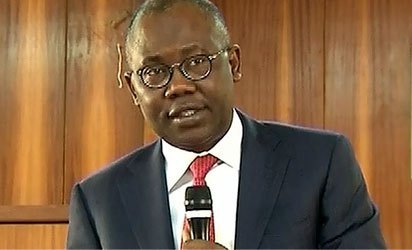


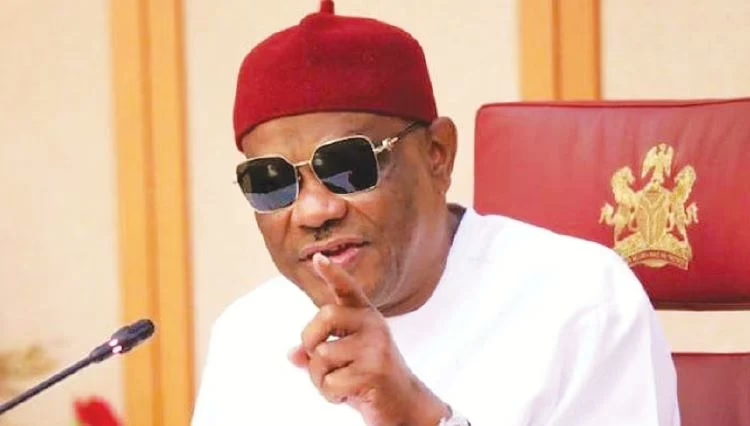
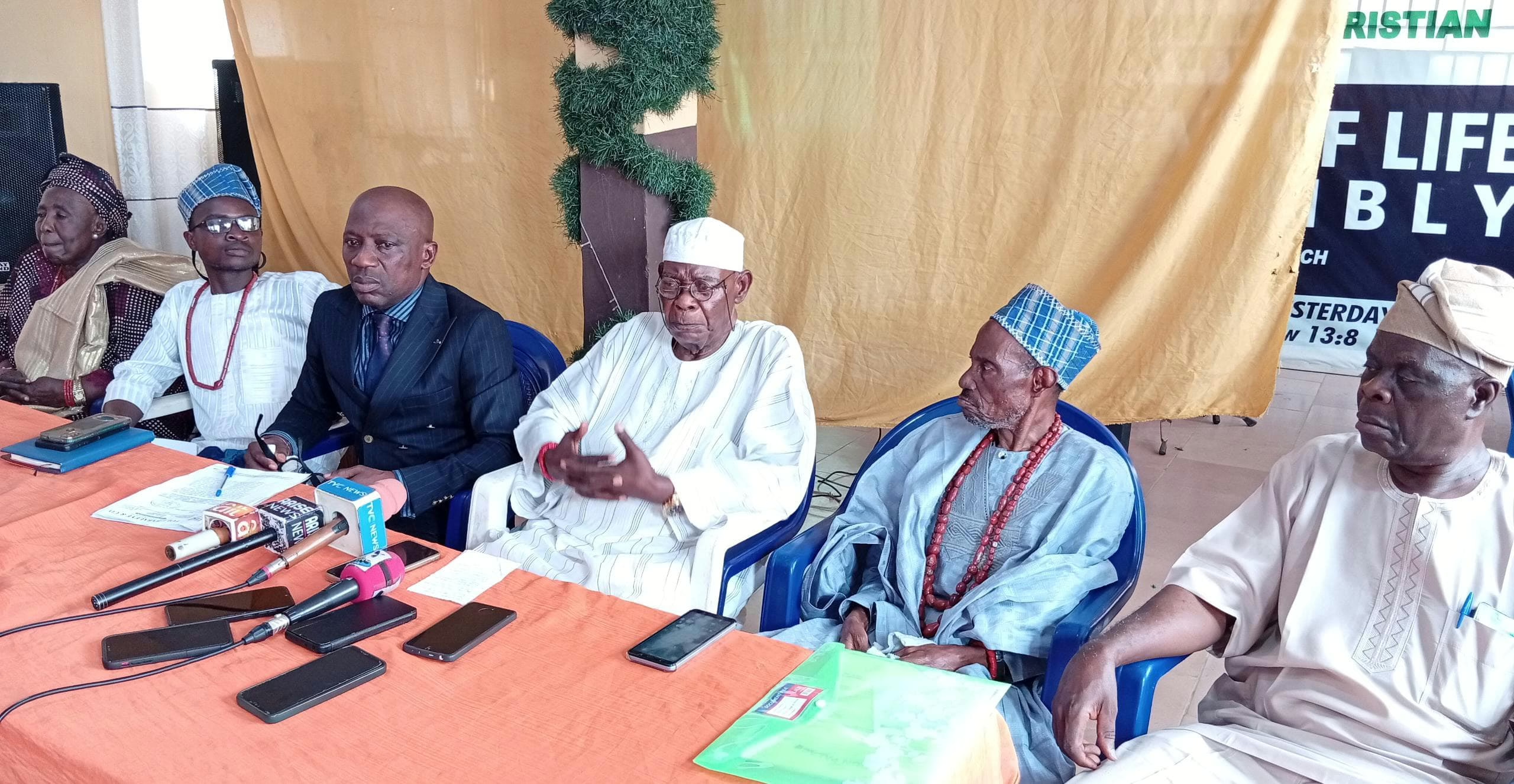
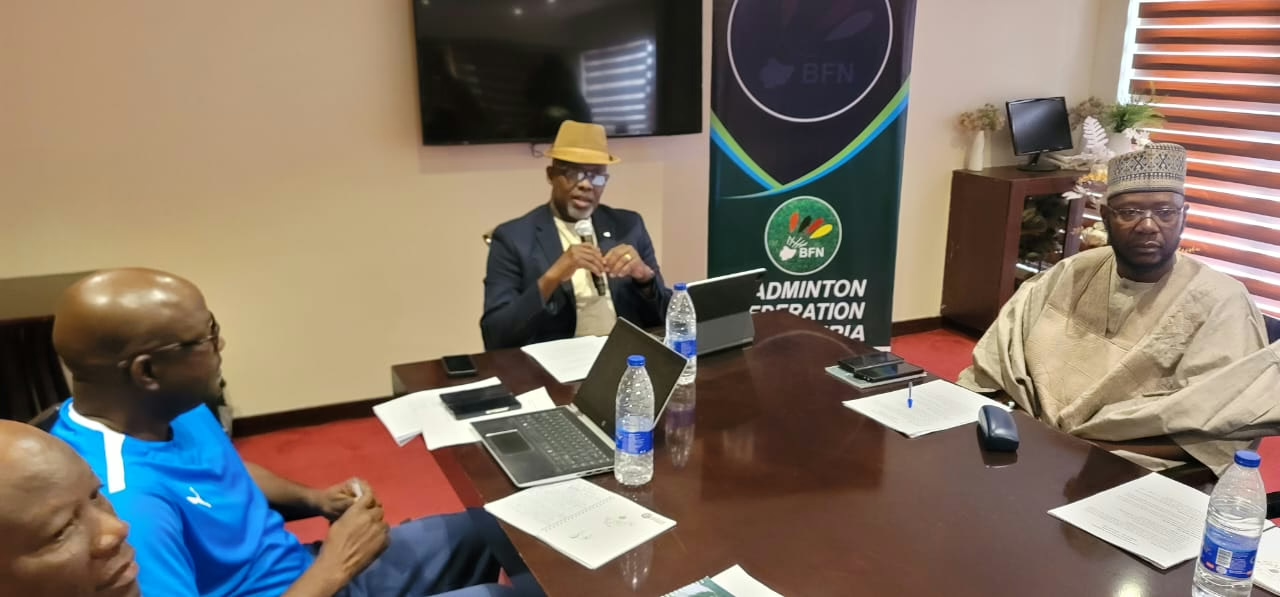
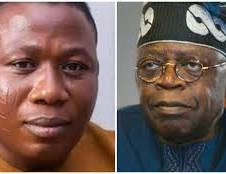
Leave a Reply